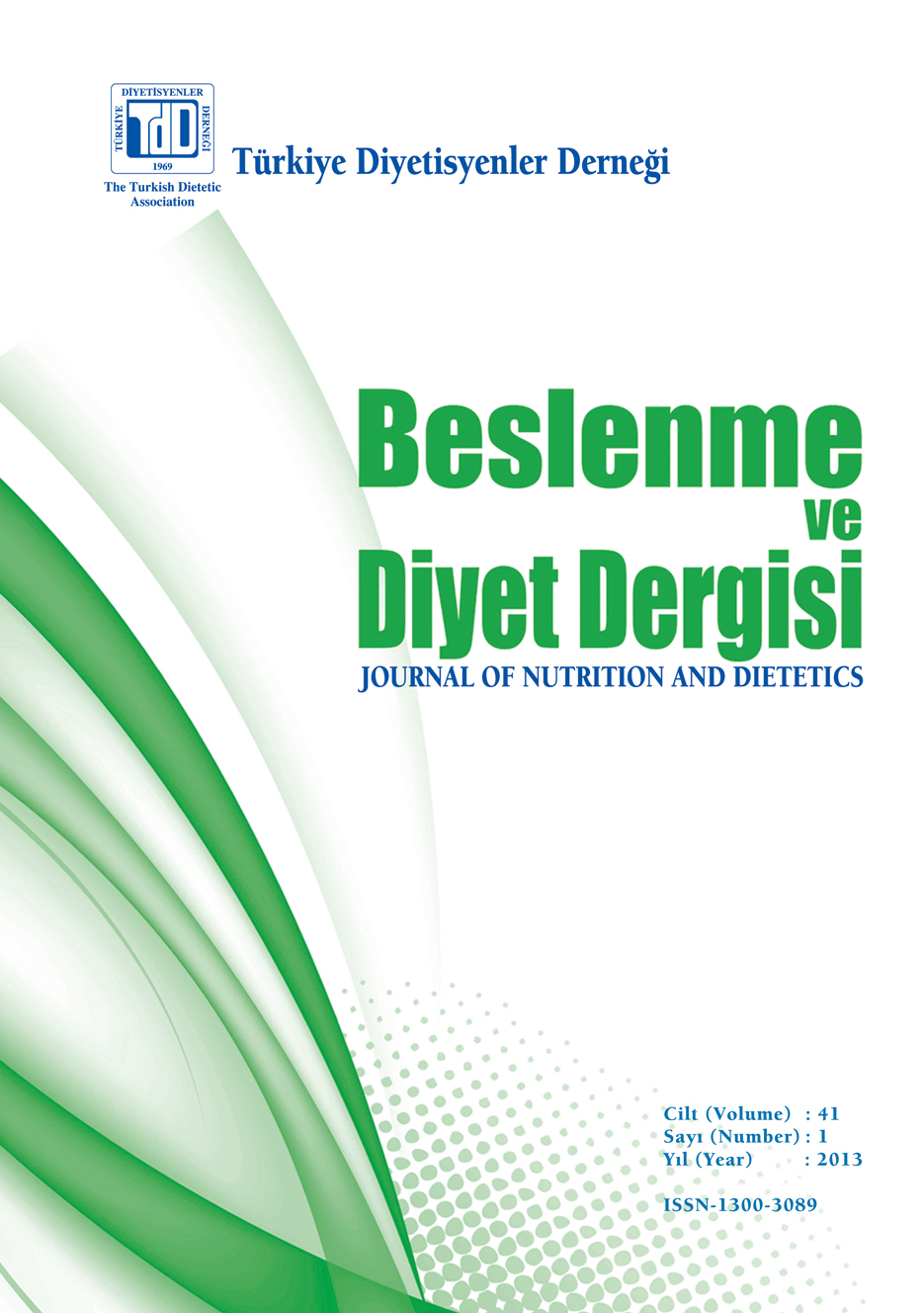Hepatorenal Syndrome and Medical Nutrition Therapy Approaches
Keywords:
Acute renal failure, end stage liver disease, hepatorenal syndromeAbstract
Hepatorenal syndrome (HRS) is a serious complication of end-stage liver disease which occurs especially in patients with advanced cirrhosis and ascits and characterized by specific circulatory disorder. Impaired renal functions and circulatory disorders go about in HRS. HRS is formed due to severe renal vasoconstriction in response to dilatation of the internal organs. There are two types of HRS. Type 1 HRS is characterized by a rapidly progressive impairment of the circulatory and renal functions associated with a very poor prognosis and the median survival rate lower than 2 weeks. Type 2 HRS is characterized by a steady but constant impairment of the circulatory and renal functions. The ideal method for liver transplantation to treat hepatic dysfunction is accompanied by renal dysfunction and medical nutrition therapy has place great importance in all of these processes.

